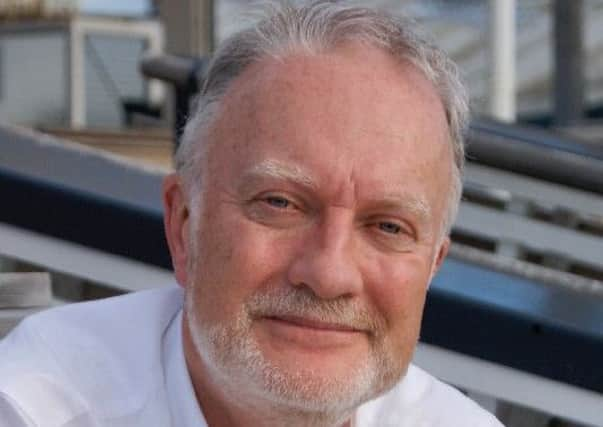John Sturrock: A Universal Declaration of Interdependence is needed


And then I read about The Perils of Perception by former Ipsos Mori managing director, Bobby Duffy. Duffy’s thesis is that, statistically and empirically, things are much better than they have ever been. However, we humans suffer from serious delusion, are intuitively biased towards gloom, and hard-wired for pessimism as a defence mechanism dating back to the age when survival was largely about physical threats. But the resulting “miasma of misconception” seems almost as bad as Harari’s predictions. The anonymity of the mob and populist fake news movements lead us into silos, echo chambers and other identity groups, where we blame others for our “own and the world’s misfortunes”.
This feeling of hopelessness/helplessness led me to reflect on what we might do in our communities and countries to reassert our sense of identity as part of the whole – and how we might express our need for, and dependence on, each other, as an antidote to isolation and alienation.
Advertisement
Hide AdAdvertisement
Hide AdFormer UN Secretary General Kofi Annan, who died recently, placed considerable emphasis on the concept of global inter-dependence. This seems to resonate. So, I offer the idea of an Interdependence Day underscored by a Universal Declaration of Interdependence.
In the UK, for example, we might aim for an Interdependence Day in mid-March next year, just before we exit from the EU (if we do). This is not to assert that we should remain in the EU, whatever we may think individually, but to acknowledge that, in John Donne’s words, “no man is an island”. Indeed, we hear less frequently the fuller context: “No man is an island entire of itself; every man is a piece of the continent, a part of the main…”
Nor is this to say that we cannot be individuals and organise ourselves in ways which differentiate one from another. It’s important to recognise diversity and difference – in aspirations, beliefs, purpose, values and our understanding of the way to live. Each of us is unique with our own special characteristics and traits, and we can never be one monolithic whole.
However, unless we are able to seal ourselves off hermetically from those we see as “others”, we are not and cannot be truly independent of each other, whether as individuals or as groups. That conclusion has profound implications for policy, politics, and our individual and collective futures.
We really are interdependent. We need to work with each other, as individuals and peoples. Anything else is futile and self-defeating. Only by collaborating to improve our individual and collective lot will we manage to navigate through the stormy waters of this century.
Harvard Professor Martin Nowak writes in his book Super Cooperators that we need each other in order to succeed: “If we are to continue to thrive, we have but one option. ... We now have to refine and to extend our ability to cooperate. We must become familiar with the science of cooperation.” Most effective mediators and negotiators know this well.
Nowak makes the point that, although we have much more in common than ever sets us apart, our species has tended to operate in tension, whether as individuals or as groups, with a selfish instinct leading to such global problems as climate change, environmental pollution, resource depletion, poverty, hunger and over-population. We can add those to Harari’s list. And we must view all of this in the context of the danger of overstating, or misstating, the consequences.
The only way forward seems to be to articulate that which unites us, work together to overcome our differences and indeed make sacrifices for each other, in order to maximise our prospects of thriving – or even just surviving. So, maybe articulating the terms of a Universal Declaration of Interdependence is just what we need.
John Sturrock is a mediator and chief executive of Core Solutions